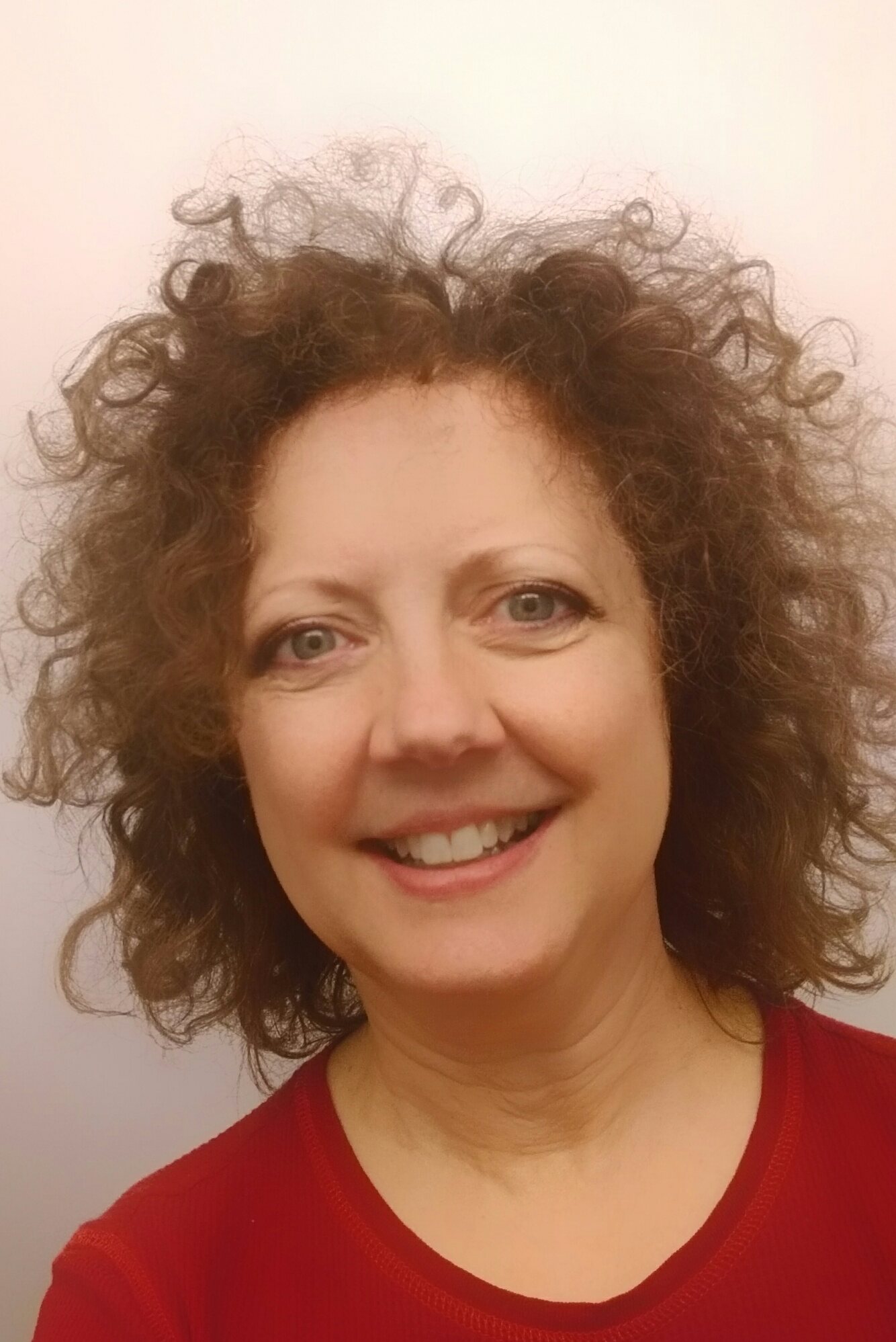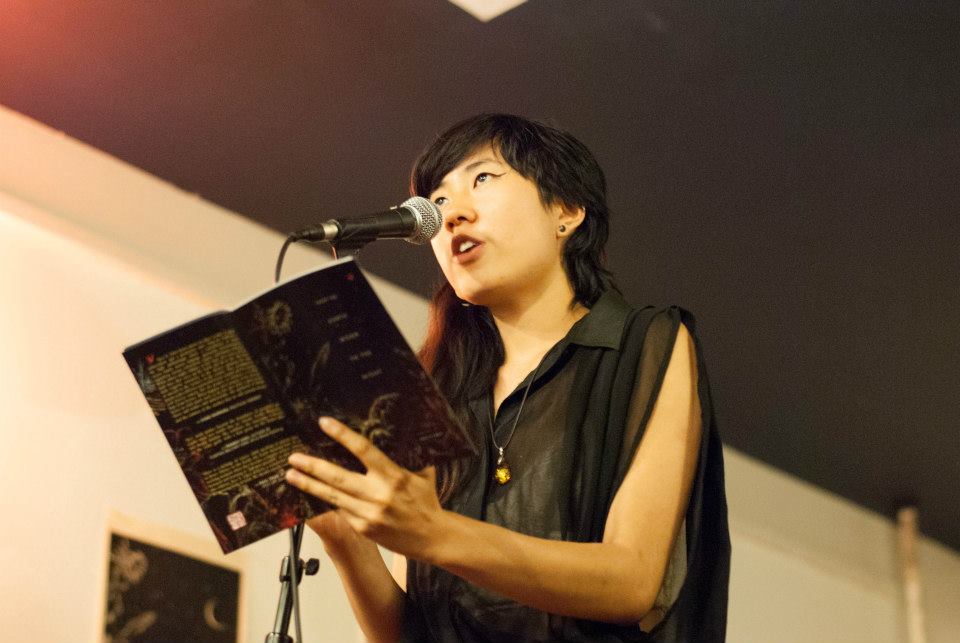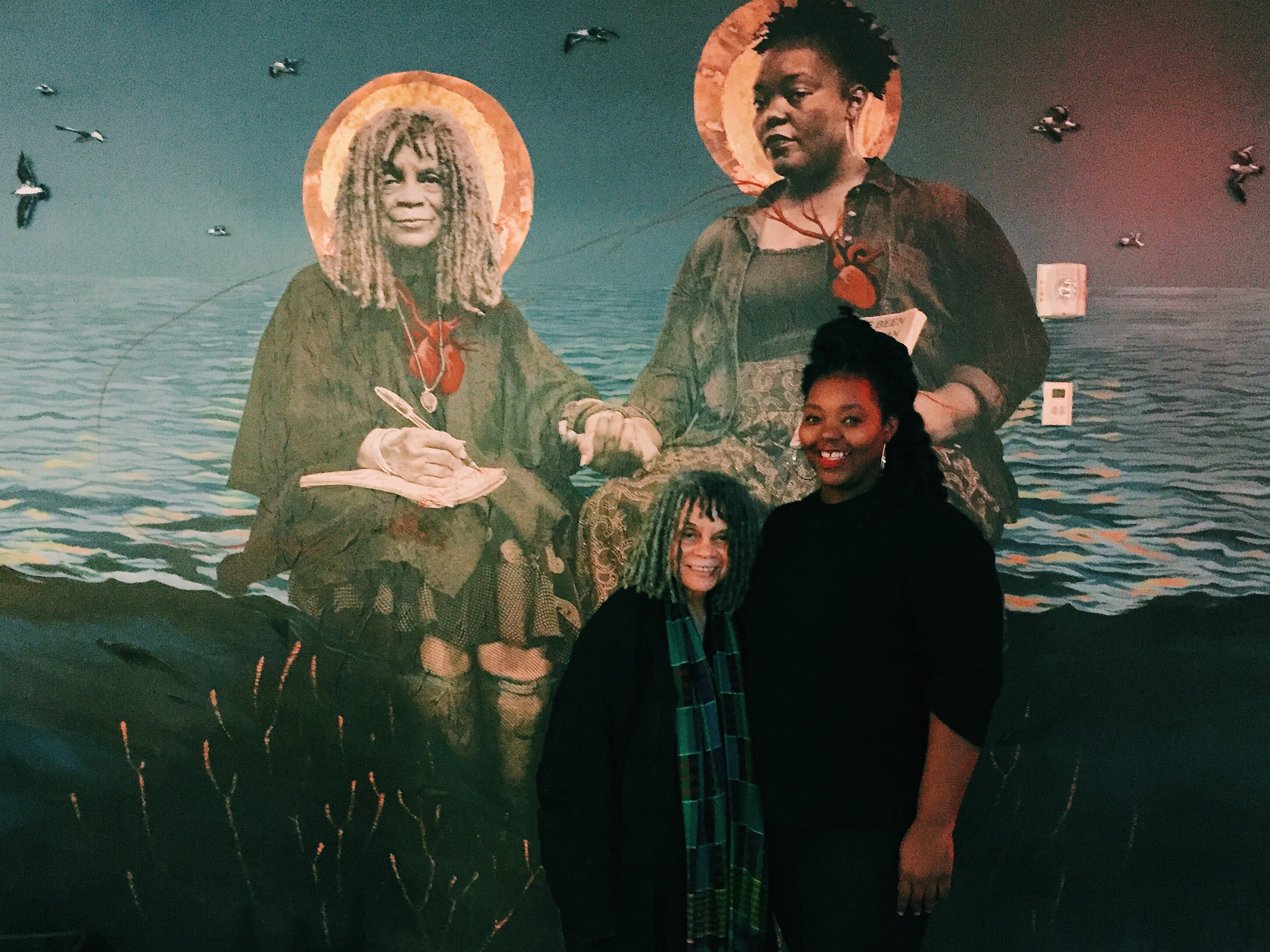In Their Own Time: Teaching Artist Caroline Brown on Trust and Boundaries
Caroline Brown is a teaching artist and educator who develops and implements community-based arts programming. Highlights of her work include collaborations with AIDS widows in rural Kenya, incarcerated individuals and those in reentry, military veterans and their family members, and women living with HIV. Most recently Brown has worked with Recovery Cafe, Path With Art, Senior Housing Assistance Group, and the Freehold Engaged Theater Program at the Washington Corrections Center for Women. She is also a faculty member at Cornish College of the Arts and the Art Institute of Seattle. She blogs here about her experiences teaching a P&W–supported workshop series for the Organization for Prostitution Survivors in Seattle, Washington.
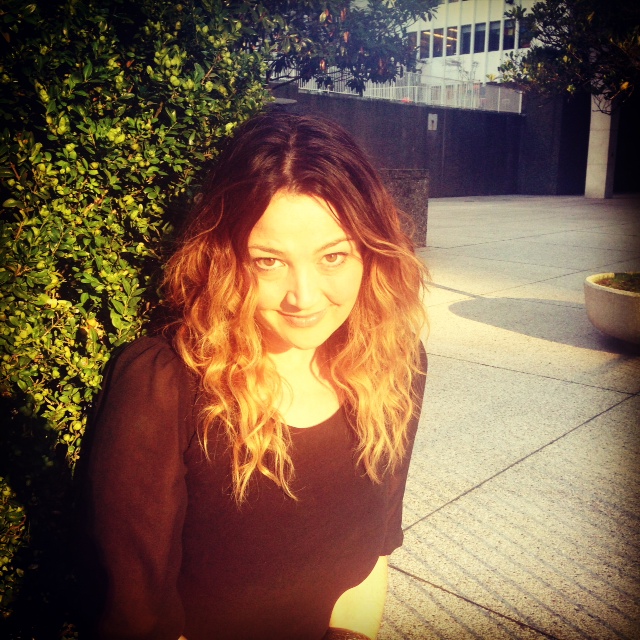
As an instructor of Community Based Arts at Cornish College of the Arts in Seattle, Washington, I teach students to use their artistic skill set to make a positive impact on marginalized communities. I tell them there’s no formula for our work; however, there are essential principles for building a successful project, two of which are trust and boundaries. We must trust ourselves, trust the community’s level of participation, and trust the ambiguity of the creative process. We must also keep our expectations realistic.
During my recent work with the Organization for Prostitution Survivors (OPS), I discovered I needed to relearn these principles. OPS was founded to address the damaging effects of prostitution and create opportunities for adult women to seek supportive services and heal from gender-based violence. My colleague and I were invited by the OPS staff to conduct an extended workshop using writing, storytelling, movement, and visual art as a form of personal expression and advocacy. For the sake of anonymity, we agreed to create a video with recorded narratives and abstract images chosen by participants.
From the start, I experienced a strong reticence from our workshop attendees. They repeatedly asked: What is the purpose of this video? How is it going to be shared? With whom and for what purpose? I reassured them that this project was theirs and they had complete ownership of the final product. As a population that has been consistently exploited, their reservations weren’t surprising. What was surprising was what it triggered in me.
I liked these women and wanted to help them engage in powerful and meaningful expression. I wanted them to be excited rather than reserved, to see this process as beneficial as opposed to threatening. If they didn’t welcome the work, my colleague and I had no right to be there. It was devastating to imagine that I might be harming people who’ve already been through enough.
Three weeks into the endeavor, my colleague and I reluctantly handed over the reigns, letting our participants decide when they wanted to meet. With this came a sense of panic that the video might not come to fruition. Then it happened. One woman expressed interest in recording her writing. I went out of my way to explain our intent: “I know a lot of women are apprehensive." She interrupted, “I’m not. I’m ready to record.” And so we began. Another woman soon stepped forward. Then another. Eventually we had an eighteen-minute piece of six women sharing their poetry, reflections, narratives, and visual imagery as survivors of prostitution.
Several weeks and countless hours of editing later, we presented the video at an OPS open house event. "Reflections of a Survivor" is a culmination of risk, vulnerability, triumph, conviction, and truth. As I looked around at the women taking in the success of their work, their willingness to trust me with their stories honored and humbled me. In short, each participant trusted the process in her own time. In that moment, I was reminded that I needed to do the same.
Amber Pauline Walker's "Kodiak Whispers," from the video project "Reflections of a Survivor," can be seen on YouTube.
Photo: Caroline Brown. Photo credit: Emily Schoettle.
Support for Readings & Workshops events in Seattle, Washington is provided by an endowment established with generous contributions from the Poets & Writers Board of Directors and others. Additional support comes from the Friends of Poets & Writers.






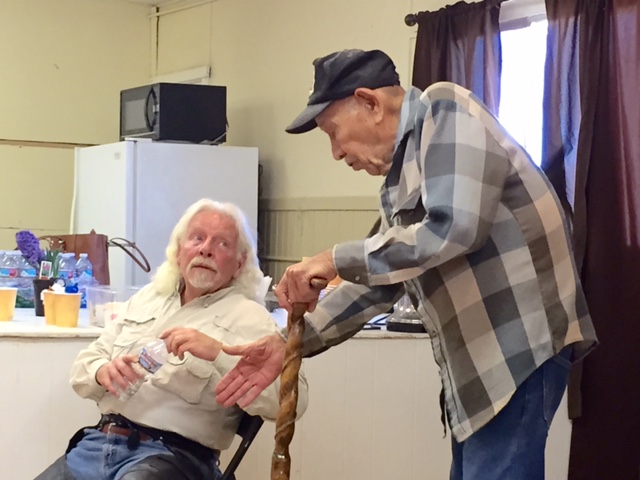 Mojave Desert Writing Workshop: February 15, 2016
Mojave Desert Writing Workshop: February 15, 2016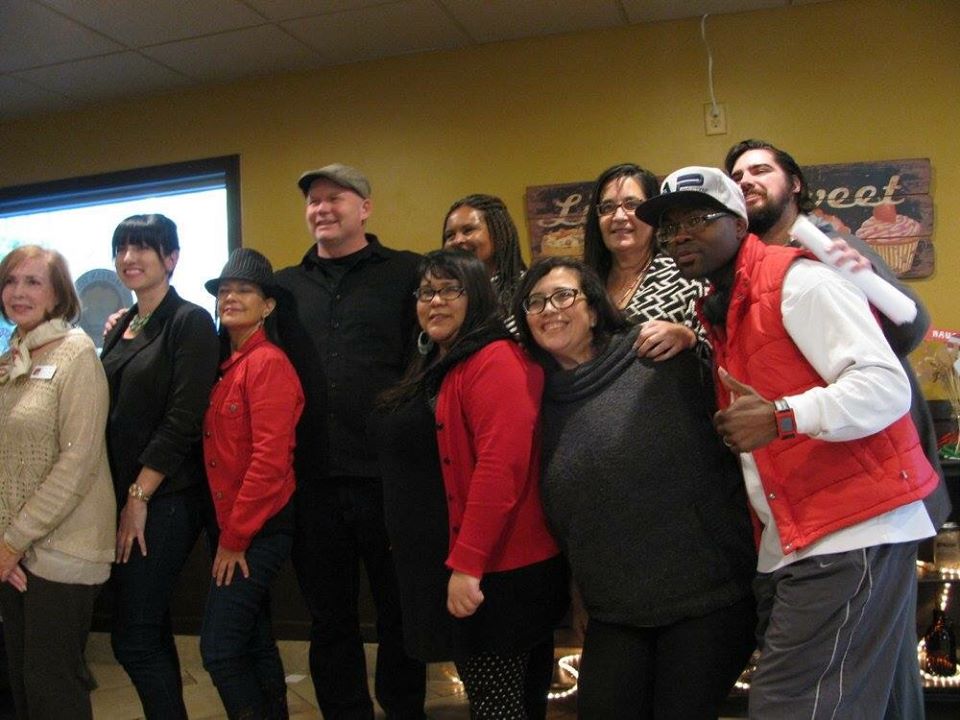 Songs for San Bernardino / Reading Helps Inland Empire Heal: December 20, 2015
Songs for San Bernardino / Reading Helps Inland Empire Heal: December 20, 2015